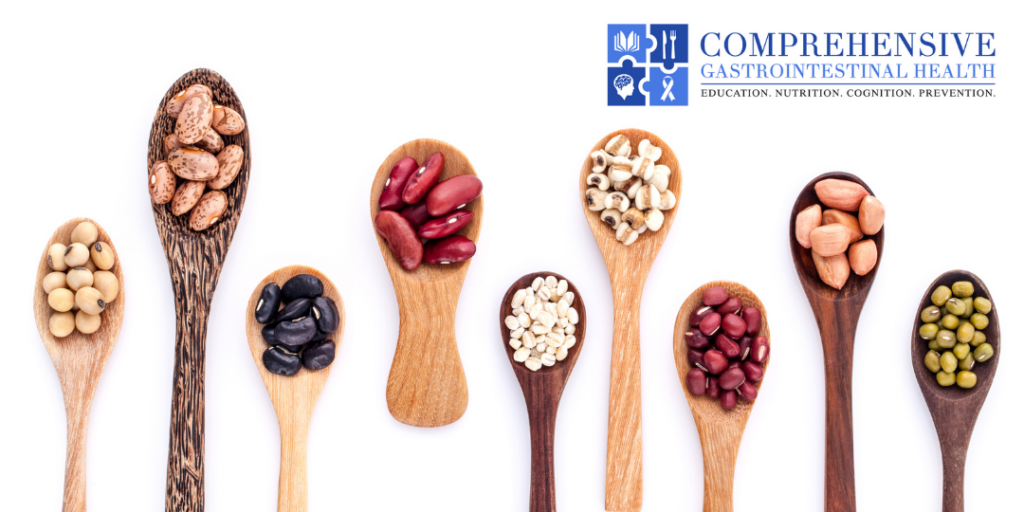Don’t Ditch Lectins from Your Diet
Don’t Ditch Lectins from Your Diet
by Danielle Genenz, RD
Lectins are types of “anti-nutrients” in plants that act as natural pesticides and antibiotics. As a component of food, they can bind to certain carbohydrates preventing absorption and can pass through the GI tract unaltered. Lectins appear in about 30% of the food you eat namely a wide variety of plants (legumes, soybeans, peanuts, whole wheat, and nightshades like tomatoes), animal foods (eggs and dairy), and microbes. These compounds may pose a concern in extreme circumstances such as chronic malnutrition, acute poisoning in high concentrations or a diet predominantly composed of legumes and grains if not properly cooked. However, in most healthy people on a balanced diet they are rather benign, and their food sources provide many important health-promoting functions.
Lectins have recently been made popular by the media and hyped-up by different diets such as the Paleo and The Plant Paradox diets who blame them for conditions such as auto-immune disease, inflammation, increased gut permeability and obesity. There is no consistent scientific evidence to confirm that they cause these conditions, despite popular claims. In fact, many food sources of lectins such as legumes are an important part of a healthy diet because they are:
- Low in fat
- Rich in B vitamins, iron, potassium, protein, vitamin K and antioxidants
- High in fiber which can aid in weight loss and improve gut health
- Help balance blood sugar
- Decrease cholesterol
- Improve regularity
- Decrease the risk of many types of cancer
Disadvantages of lectins:
Studies in animal have found that lectins may interfere with absorption of zinc, phosphorus, calcium and iron but human studies are limited. Some lectins like ricin from the castor oil plant can be deadly. Acute lectin poisoning is possible with raw legume consumption. The FDA reports that just 4-5 raw kidney beans can cause symptoms of food poisoning such as nausea, vomiting and diarrhea within 1-3 hours of ingestion. Simple exposure to heat and water removes them.
Deactivating lectins:
Do not slow cook or bake raw beans. Prepare legumes safely by making sure to soak (8-12 hours), drain off the water and boil them in new water to at least 212 °F (100 °C) for at least 10 minutes. Sprouting and fermenting foods with lectins also deactivate their potency.
Digestive disease and lectins:
Individuals with irritable bowel syndrome (IBS) typically have a sensitivity to certain fibers and sugars in many plant foods called FODMAPs. These are not to be mistaken for anti-nutrient proteins like lectin. However, individuals with IBS or increased intestinal permeability may still be sensitive to lectin sources as well.
In summary, the general benefits from eating foods that contain lectins far outweigh the drawbacks in healthy individuals. For more information and to obtain dietary assistance with digestive issues, please contact one of our registered dietitians at Comprehensive Gastrointestinal Health. Call 224.407.4400 for an appointment!

